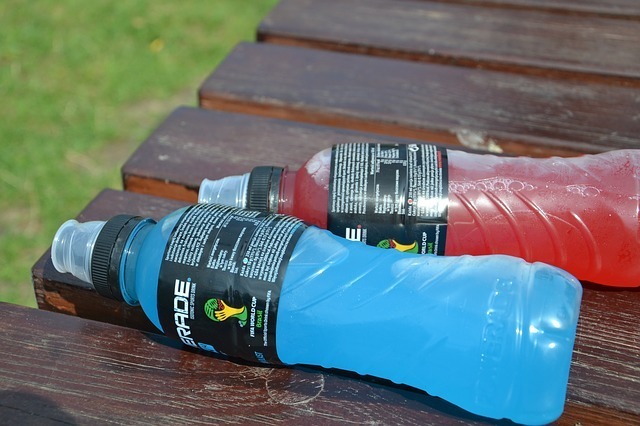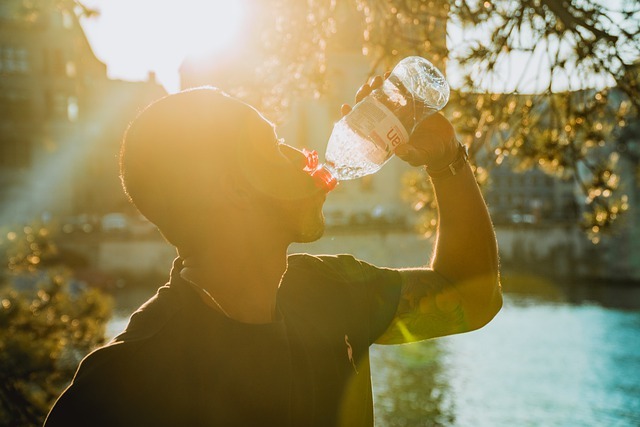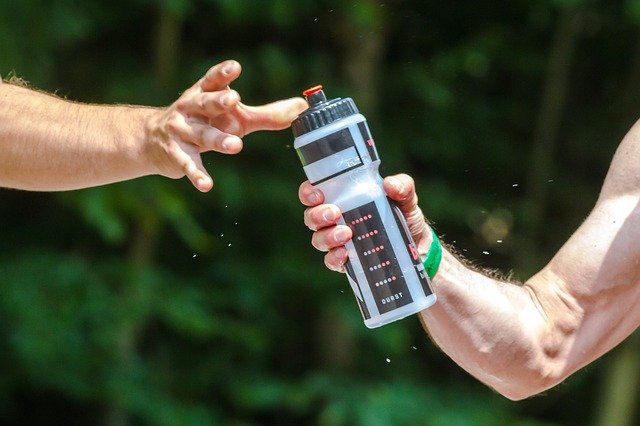Sports drinks are considered by many athletes as an essential beverage that they should always have, as they believe that the drink can replenish their energy to go and play sports at the highest level for longer periods of time.
While there is one particular brand of sports drinks that is regarded as the most popular among all, it is still important to know about the different brands and types of sports available in the market, as they would often have different benefits and uses. To learn more about the beverages, here are the various types of sports drinks for hydration, as well as a few details that make them different from each other.
What are the Different Types of Sports Drinks?
There are three kinds of sports drinks that are currently available in the market. Here are the names for those three types:
- Hypotonic
- Isotonic
- Hypertonic
The names of these three types of sports drinks refer to the thickness or consistency of the drinks themselves. In addition, the names also refer to their similarity to the concentration of human blood. So, hypotonic has a lower concentration to blood, isotonic has equal concentration, and hypertonic has a higher concentration. The concentration matters for athletes, as it will determine how fast the body absorbs the nutrients that the sports drink provides.
Hypotonic Sports Drink
Hypotonic sports drinks have a lower concentration compared to blood, as it has an osmolality that is less than 280 mOsm/L, while blood has 290 mOsm/L. Because these drinks have lower concentrations, they are absorbed into the bloodstream the fastest, so they would have the quickest effect on the body.
The lower concentration of hypotonic sports drinks is possible due to the beverages being made using a few amounts of carbohydrate, which would then dilute the liquid and make them thinner or weaker.
If you want to replenish your energy faster, then the hypotonic sports drink is the best beverage for you to consume. The main goal of hypotonic sports drinks is to replenish lost fluids and electrolytes that you’ve lost through sweating, which is a common phenomenon if you are playing sports.
By drinking a hypotonic sports drink, you will be able to replace those lost fluids as quickly as possible, thus preventing you from experiencing dehydration. However, because hypotonic sports drinks would usually have fewer carbohydrates than other drinks, they are not as effective in providing more energy since they are more focused on rehydration.
Isotonic Sports Drink
Isotonic sports drinks tend to have a similar concentration to blood (290 mOsm/L) and are considered the most popular type of sports drinks as Gatorade and Powerade are isotonic in terms of formulation. Although they aren’t absorbed by the bloodstream as fast as hypotonic sports drinks, they are much more suitable for sports with a shorter duration and high-intensity gameplay, as they are effective in preventing dehydration after strenuous exercise or playing.
This type of sports drink contains up to 1.5x to 2x the amount of carbohydrates that hypotonic sports drinks usually have, and while those carbohydrates do provide you with the necessary energy needed whenever you lose fluids and electrolytes through sweating, they will often make you feel bloated whenever you drink too much of it, which can result in an upset stomach.
Furthermore, a group of researchers that have published their study at the Multidisciplinary Digital Publishing Institute in 2018 stated that some sports drinks that are marketed to be isotonic in formulation actually have a much higher concentration than blood, which makes them completely hypertonic. This is supposed to explain the reason why many athletes experience an upset stomach while drinking isotonic sports drinks on their own, so they tend to mix the beverage with water or to drink water afterward to lessen the side effects of the sports drink.
Hypertonic Sports Drink
Hypertonic sports drinks, as mentioned previously, have a much higher concentration than blood, as it has an osmolality of more than 300 mOsm/L. The high concentration of hypertonic sports drinks is mainly attributed to how much carbohydrates are instilled within them, as they have the highest carbohydrate content out of all types of sports drinks on the market.
Because of the high concentration, some hypertonic sports drinks wouldn’t even be considered drinks, as they are thick enough to be considered as “gels,” hence the reason why there are sports gels that are consumed for exercise or sports.
Moreover, because of the high carb content of hypertonic sports drinks, they tend to give the most energy, which is suitable for longer exercises or sports, like marathon, baseball, or football. However, the downside to having too many carbohydrates is that the drinks don’t provide enough rehydration, so you may need to drink water with the sports beverage to prevent dehydration. So, if you are running on a marathon, it would be advisable to consume water with hypertonic sports drinks for complete replenishment.
Which Sports Drink Do You Need?
The sports drink that is the most suitable for you would depend on your needs and preferences, as each type of sports drink has its own advantages and disadvantages. After reading the description for every type of sports drink, we hope that you already have a much better understanding of what they are and what is perfect for you. But, if you are still figuring out which one to try, here is a summary of the cons and pros of each type of sports drink.
Hypotonic Sports Drink Advantages and Disadvantages
| Advantages | Disadvantages |
|
|
Isotonic Sports Drink Advantages and Disadvantages
| Advantages | Disadvantages |
|
|
Hypertonic Sports Drink Advantages and Disadvantages
| Advantages | Disadvantages |
|
|



